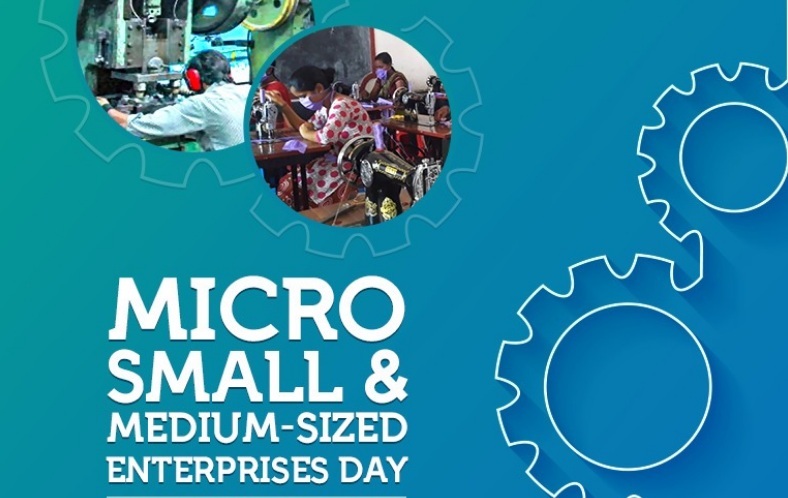|
Getting your Trinity Audio player ready…
|
Writes Marlvin Ngiza
The United Nations (UN) has said Micro, Small and Medium-sized Enterprises (MSMEs) are vulnerable to rising inflation and supply chain disruptions due to the conflicts, commodity dependence, geopolitical tensions, and pandemics that drive social and economic instability among the most vulnerable women- and youth-owned enterprises which are often at risk of external shocks.
The World Bank statistics show that access to finance is disproportionately difficult for smaller firms in the least developed countries (LDCs), with 41 percent of SMEs in LDCs reporting access to finance as a major constraint to their growth and development, by comparison to 30 percent in middle-income countries (MICs) and only 15 percent in high-income countries (HICs).
The UN, therefore, expressed the need for the enhancement of policies that support MSMEs development and entrepreneurship for women and youth with a courtesy call for policymakers and businesses to join forces to ensure economically viable, socially, and environmentally sustainable supply chains.
“Facing limited access to affordable finance, capacity-building support, partnership networks, and global markets, women and young entrepreneurs need help to overcome the numerous challenges that frequently stifle the growth of their businesses, confining many of them to informality or necessity entrepreneurship.
“Policies that strengthen capacities and support MSMEs development and entrepreneurship for women and youth need to be at the forefront to address those challenges, lower and remove barriers, and provide an operating environment for women- and youth-owned businesses to grow, thus contributing to the full achievement of SDGs 1, 4, 5, 8, 9, 10 and the “leave no one behind” promise of the 2030 Agenda for Sustainable Development and its Sustainable Development Goals, ” said the UN.
MSMEs account for 90% of businesses, 60 to 70% of employment and 50% of Gross Domestic Product (GDP) worldwide with the World Bank statistics showing that in emerging markets, most formal jobs are generated by SMEs, which create 7 out of 10 jobs.
MSMEs have been believed to be the backbone of societies everywhere and contribute to local and national economies and to sustaining livelihoods hence the need for increased support.
“MSMEs hold the potential to transform economies, foster job creation, and promote equitable economic growth if given adequate support,” added the UN.
According to the World Bank,600 million jobs will be needed by 2030 to absorb the growing global workforce, which makes SME development a high priority for many governments around the world.
The United Nations General Assembly designated 27 June as “Micro-, Small, and Medium-sized Enterprises Day” to raise awareness of the tremendous contributions of MSMEs to the achievement of the United Nations Sustainable Development Goals (SDGs).
